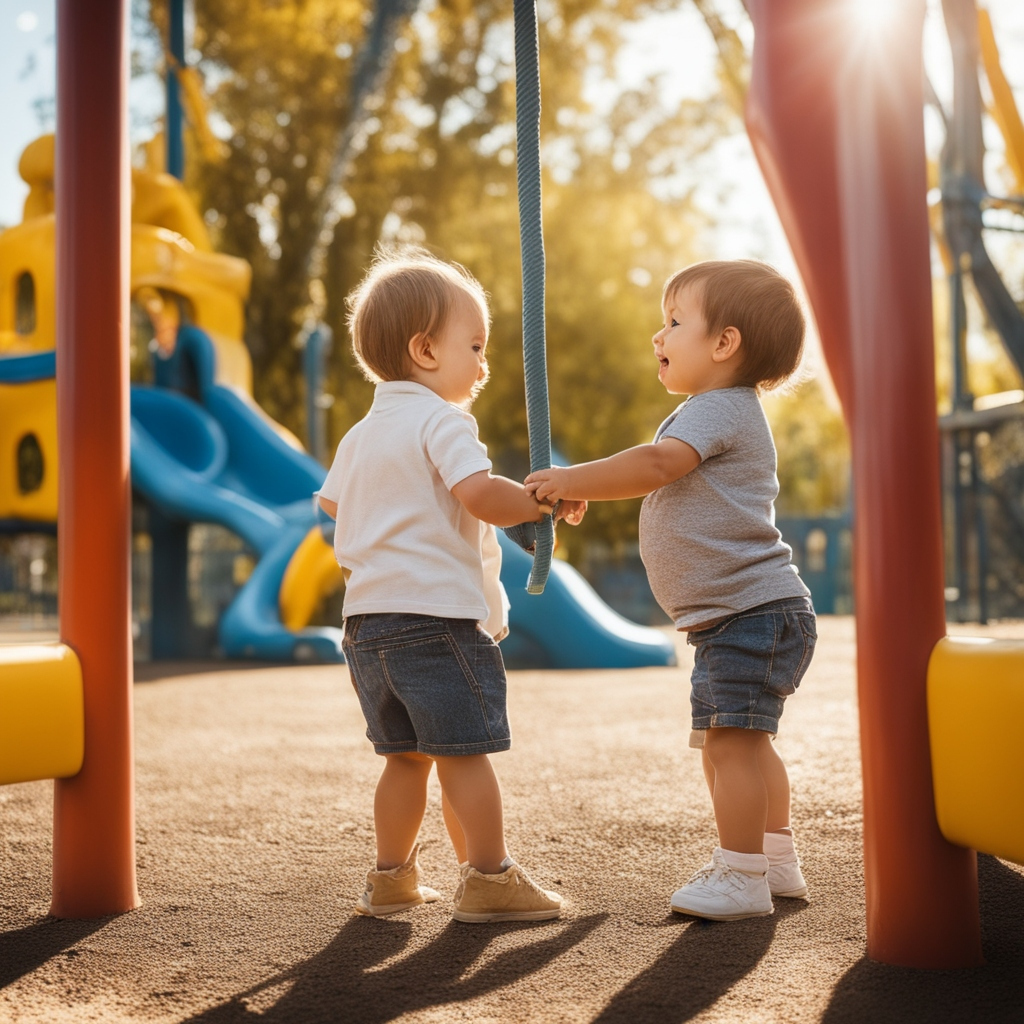As a parent, watching your toddler shy away from interacting with others can be concerning and sometimes frustrating. Toddlers are naturally curious and playful, but their social skills are still developing. It’s important to remember that reluctance to socialize is a common phase in toddler development. Understanding, patience, and strategic guidance can significantly help a toddler overcome their hesitation. In this article, we’ll explore some effective strategies to gently encourage your toddler to interact with others more comfortably.
Understanding Toddler Reluctance
Before diving into specific strategies, it is crucial to understand the reasons behind your toddler’s reluctance to interact with others. Some common factors include:
Temperament: Your child’s inherent temperament plays a significant role. Some toddlers are naturally more reserved or cautious in new situations.
Separation Anxiety: Toddlers going through separation anxiety may find it difficult to interact with others when they are away from their parent or caregiver.
Lack of Experience: Toddlers new to social settings may become overwhelmed or unsure of how to engage with peers.
Developmental Phases: Certain developmental stages, such as the “clingy” stage, can make toddlers wary of interacting with unfamiliar individuals.
Encouraging Socialization: A Step-by-Step Approach
Create a Safe Environment
Start by ensuring that your toddler feels safe and secure in their environment. This foundational sense of security will make it easier for them to explore and interact with others. When your child knows that you’re nearby and supportive, they are more likely to venture out and engage.
Model Social Behavior
Toddlers learn a lot by watching adults. Demonstrate positive social behaviors yourself by greeting others warmly, using kind words, and showing empathy. Explain what you are doing to your child so they can learn the social scripts involved in interacting with others.
Encourage Parallel Play
Parallel play is an excellent way for toddlers to begin interacting with peers. During this phase, children play independently but in close proximity to one another. This interaction allows them to observe how other children play and gradually build comfort at their own pace.
Organize Playdates
Invite another child over for a short playdate. Keeping the group small ensures that your toddler does not feel overwhelmed by too many new faces at once. Gradually increase the length and frequency of these playdates as your child becomes more comfortable.
Discuss Social Situations
After an event, talk to your toddler about the interaction. For example, you can say, “You played so nicely with Jamie today! Do you remember when you shared the blocks?” Reinforce positive interactions and gently guide your child through less successful ones.
Building Confidence
Praise Efforts
Acknowledge and celebrate your child’s attempts to interact with others, no matter how small. Positive reinforcement encourages your child to continue trying and builds their confidence in social situations.

Practice Social Scenarios
Role-play social scenarios with your toddler to help them practice before they encounter real-life situations. Use toys or act out simple conversations to make these practice sessions fun and stress-free.
Develop Communication Skills
Work on building your toddler’s vocabulary to express themselves effectively. Encourage them to use words to describe their feelings and needs. A strong vocabulary is a powerful tool for social interaction.
When to Seek Professional Help
While it’s normal for toddlers to take time to warm up in social situations, persistent reluctance and anxiety may warrant further attention. If you notice signs such as withdrawal from activities, excessive fear or panic attacks, or significant changes in behavior, consider consulting with a pediatrician or child psychologist.
Conclusion
Every toddler is unique and will develop social skills at their own pace. Your role as a parent is to provide guidance, support, and encouragement. By creating safe environments, modeling good social behavior, and acknowledging your child’s efforts, you can help them gain confidence in interacting with others. Remember, patience and understanding are your best tools in helping your toddler navigate the world of socialization.